Top Artificial Intelligence (AI) Tools That Can Generate Code To Help Programmers
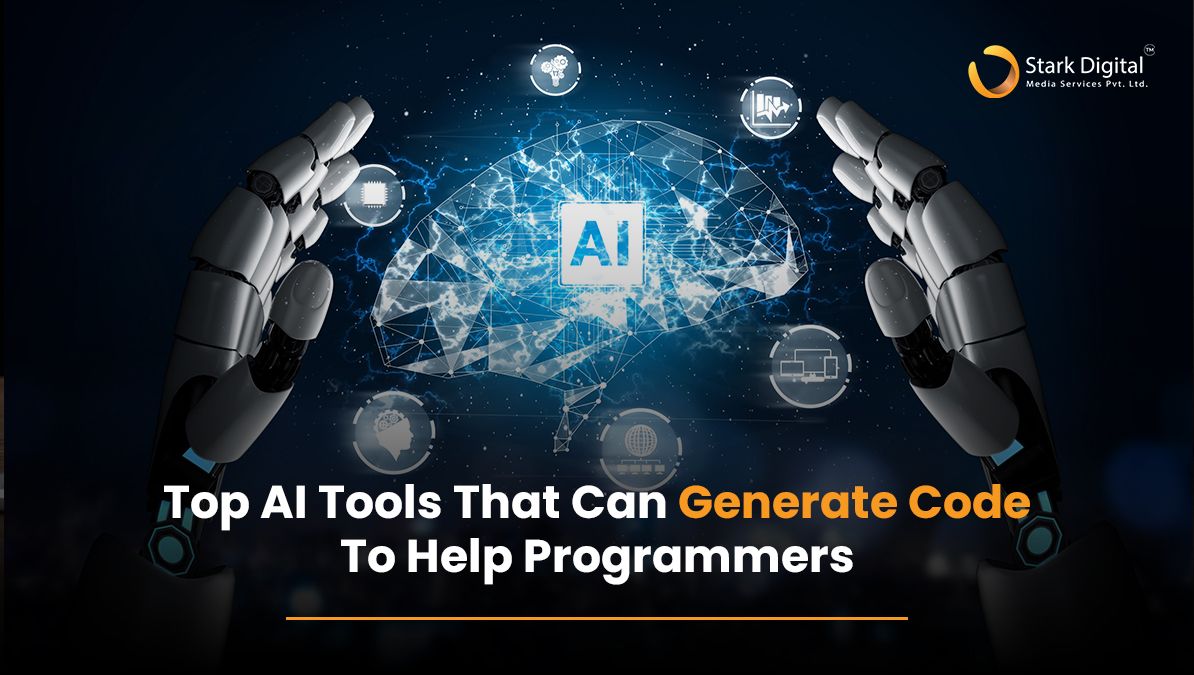
In today’s fast-paced tech world, programmers find themselves grappling with tight deadlines and complex coding challenges. This is where Artificial intelligence tools come into play and revolutionise how developers write code. These innovative tools leverage advanced algorithms and machine learning techniques to generate code snippets and accelerate development processes, which helps to enhance the overall productivity of many industries like app development agency.
Table of Contents
In this blog, we’ll delve into the top AI tools that have been making waves by assisting programmers in generating code efficiently.
-
Tabnine
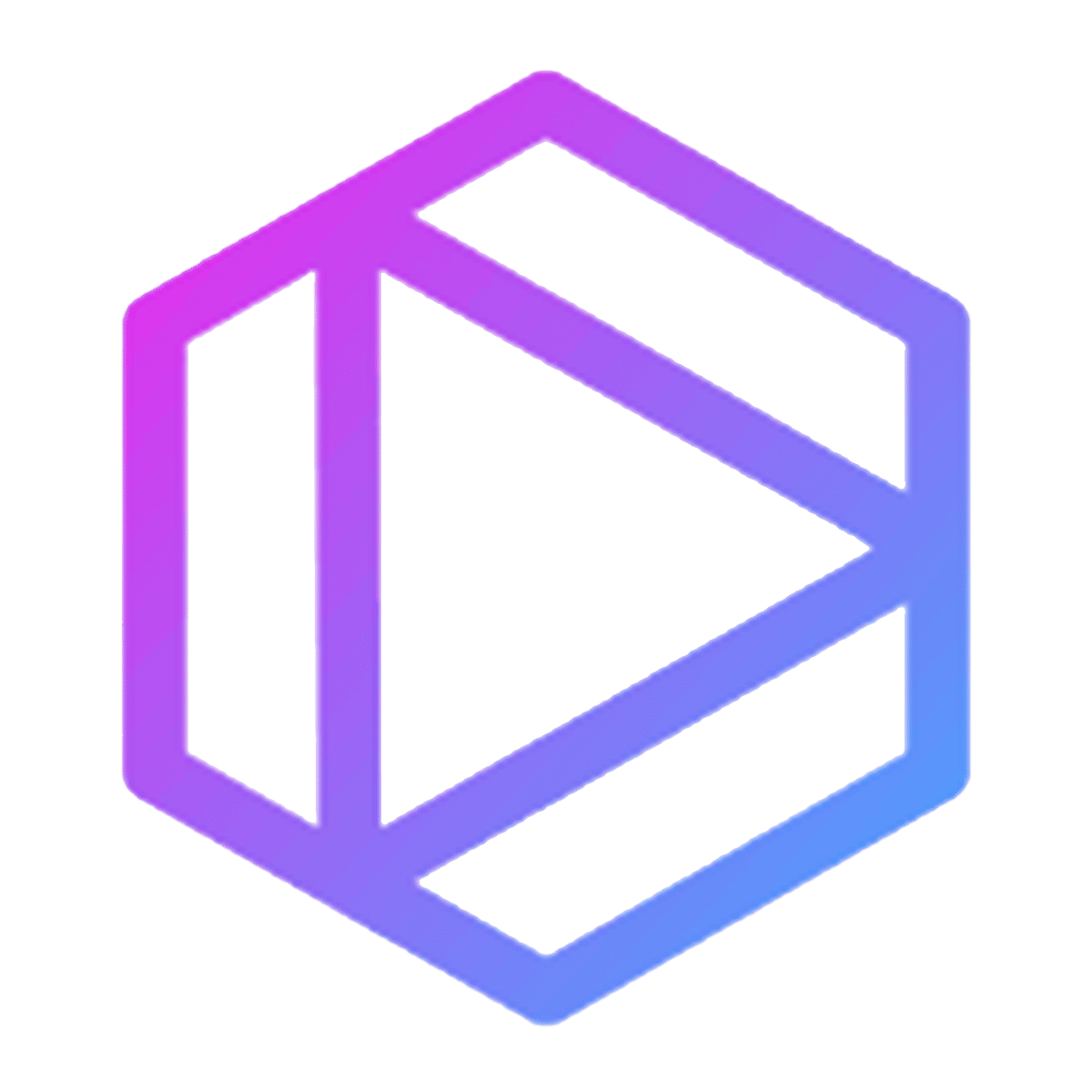
TabNine is an AI-powered autocompletion tool that integrates seamlessly with popular code editors. By analyzing existing code and its context, TabNine suggests relevant code completions, reducing the time programmers spend on repetitive typing. What sets TabNine apart is its use of machine learning techniques that enable it to predict what code comes next, often providing suggestions that align closely with the programmer’s intentions. TabNine supports a wide range of programming languages and is compatible with various code editors, making it a versatile and indispensable tool for programmers seeking to boost their productivity. With over 20 languages and 15 editors, it supports a wide range of languages that enhances application development services.
-
Code T5
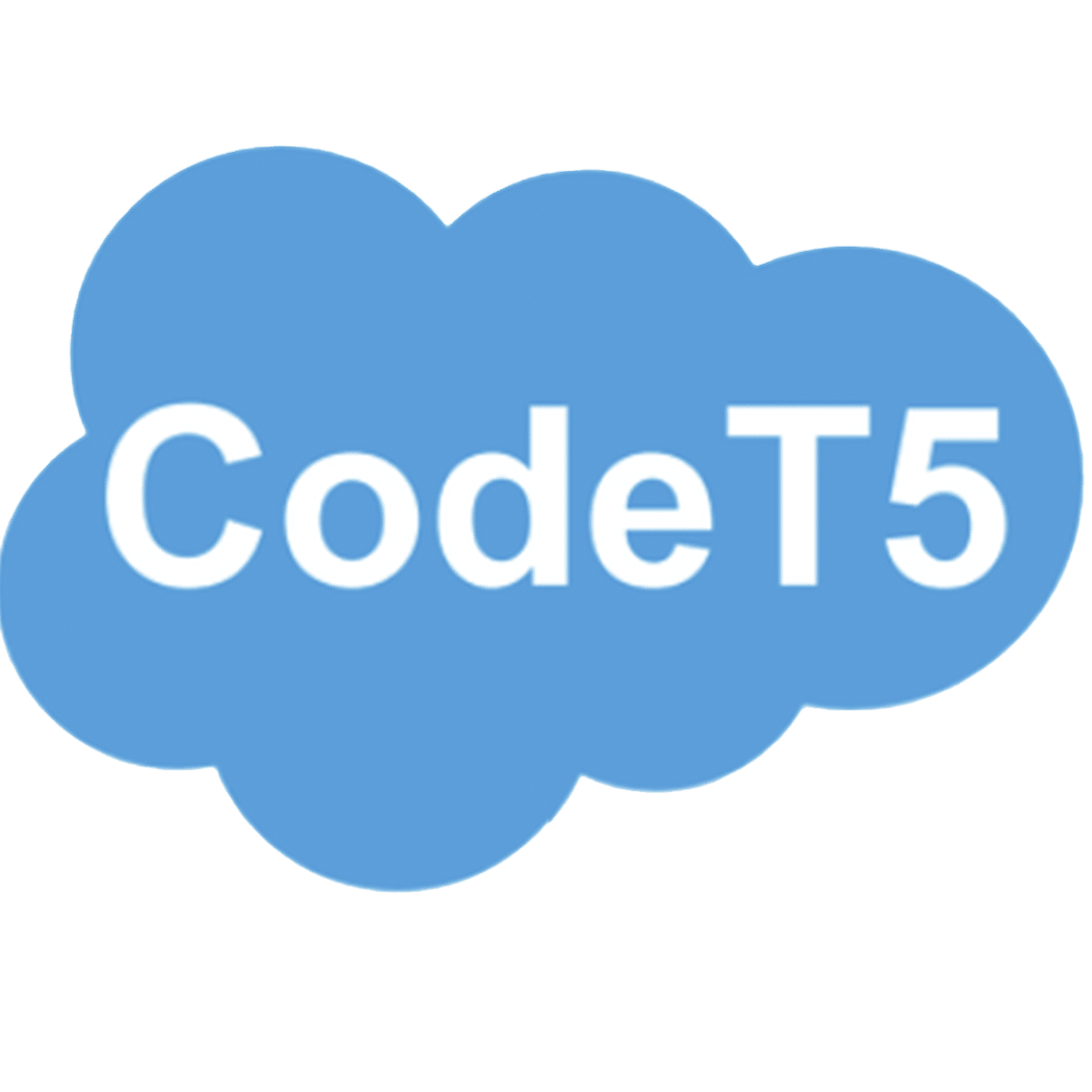
Code T5 was created by the data scientist at Salesforce to get a deeper grasp of the programming languages with the objective of correcting some of the flaws in existing AI tools. As a result, they developed an open-source, free program that is capable of code summary, creation, refining, and translation.
It is an open-source programming language with an in-built encoder and decoder model that allow to translate natural language into code and vice versa.
CodeT5 may not only be instructed on what to do, but it can also explain what a specific code fragment performs.
-
Codiga

It is an AI-powered tool that focuses on code review than code generation. It can write a short snippet of code but is not able to write a whole code line. If you are a development team who is looking for a code reviewer then Codiga can be your best artificial friend.
It can find and auto-fix the code found in your code. You can add your own custom rule to the AI.
-
OpenAI Codex
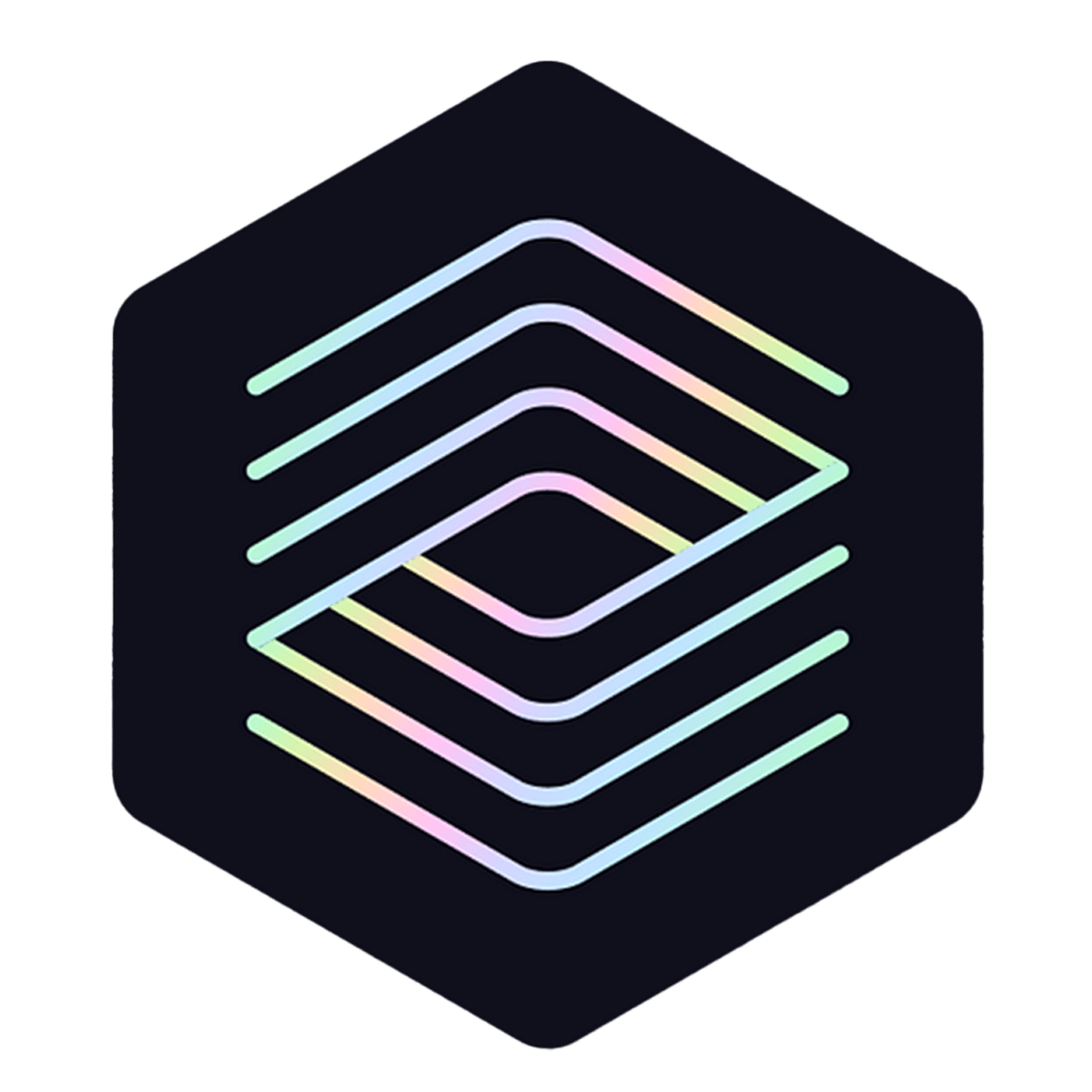
OpenAI is the face behind the ChatGPT and has ambitious aims for artificial intelligence. They wanted to create AI that can resolve issues on a human level. Their approach uses deep-learning large language models (LLMs), a technique that entails giving a computer a tonne of data to train it to execute jobs, in this case, coding tasks.
To train the codex system they used the GPT-3 platform’s natural language processing skills and billions of lines. Codex can convert your textual instructions into excellent code in real time due to its thorough training procedure.
But rather than the entire code, this AI coding aid is better at supplying code fragments.
-
PolyCoder
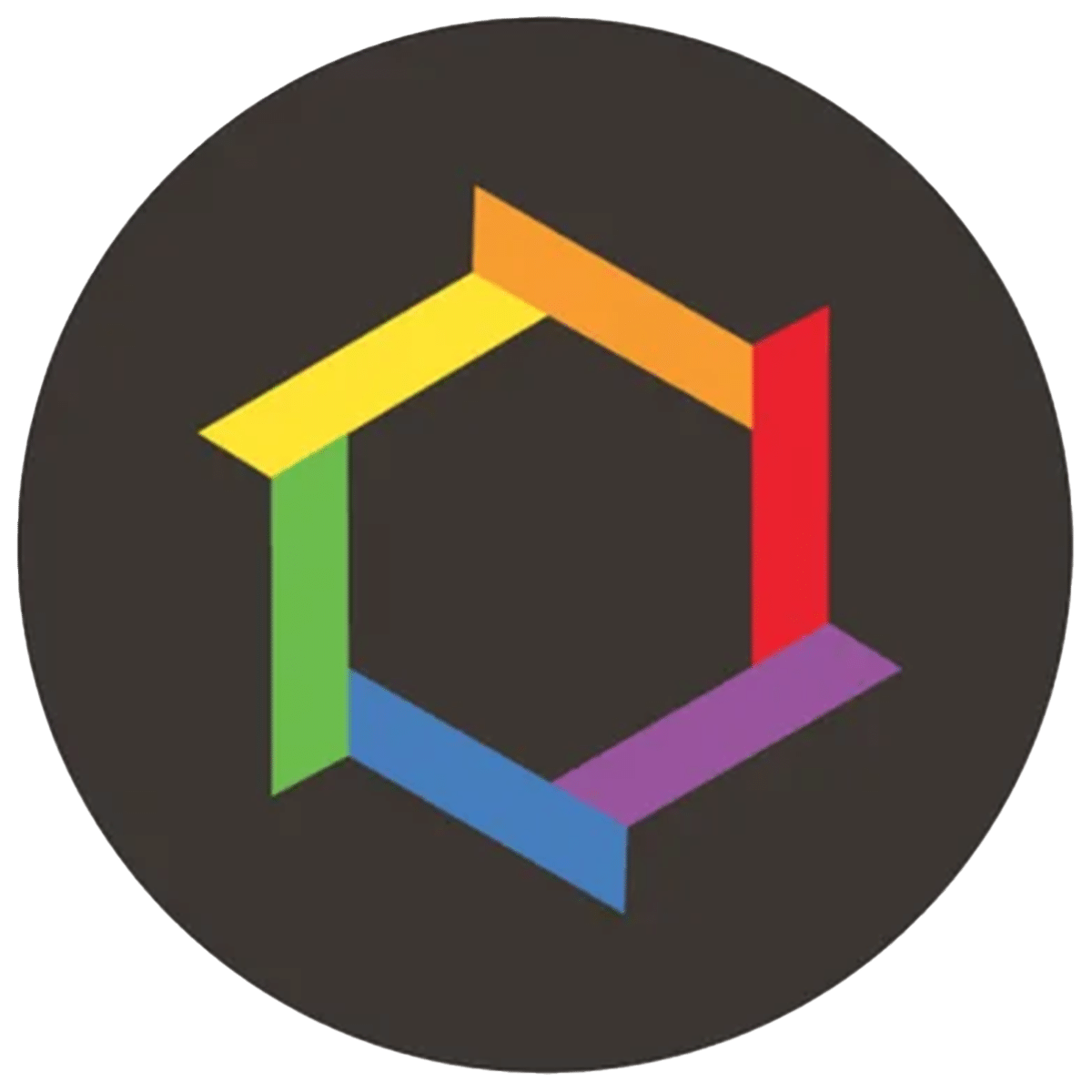
It is an open-source AI code generator which focuses on generating code for certain programming tasks. It is available free on GitHub. It generates code and processes natural language using sophisticated algorithms. More than 200GB worth of datasets are now accessible on GitHub, and the models are regularly updated with the aid of reliable hardware.
For different languages like PHP, Javascript, Python, etc different models are included in it. You can make it better by adding any language to it or providing it with a dataset from more coding repositories.
-
DeepCode
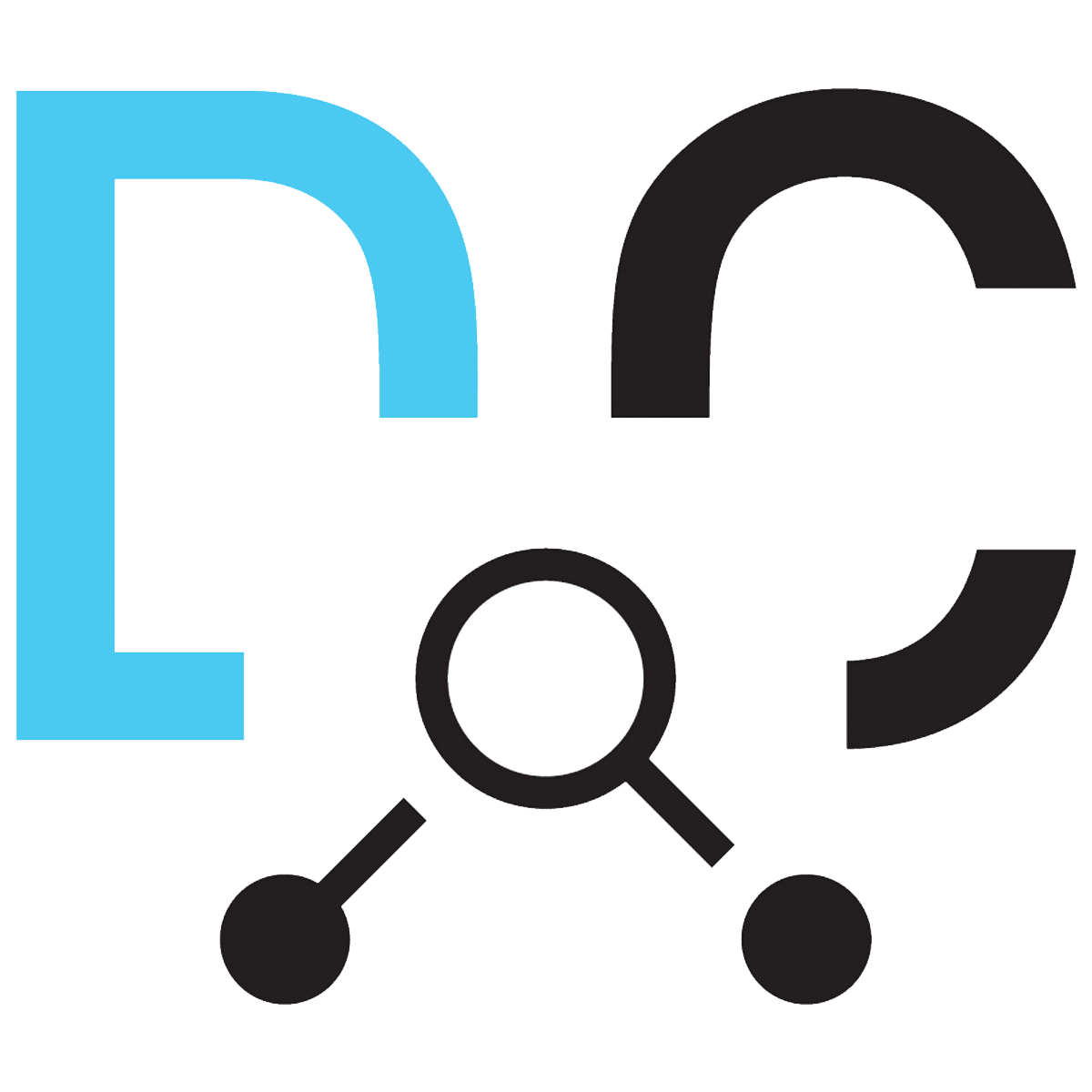
DeepCode leverages AI to analyze code and identify potential bugs, vulnerabilities, and optimization opportunities. By scanning code repositories, DeepCode’s AI engine learns coding patterns and best practices, helping programmers improve the quality of their code. It provides actionable suggestions for code enhancements, ensuring that developers produce more reliable and efficient software.
-
ChatGPT

ChatGPT is one of the most well-known AI tools that answer questions, posed follow-up queries, disprove incorrect assumptions, and decline inappropriate requests. You may use it for a wide range of use cases, from creating code to debugging to organising your product development process, because its primary goal is to react to your inquiries.
Other than coding you can use it as the simple question and response tool. It helps you to identify an error in your code and correct it.
Conclusion
The field of AI-driven code generation is rapidly evolving, empowering programmers to write code more efficiently and effectively. The tools mentioned in this blog post represent just a fraction of the innovative solutions available to programmers today. As AI continues to advance, we can expect even more sophisticated tools that understand code context, generate complex algorithms, and provide comprehensive assistance throughout the software development lifecycle. By embracing these AI tools, programmers can enhance their productivity, focus on higher-level design, custom web application development and ultimately deliver better software in less time.
